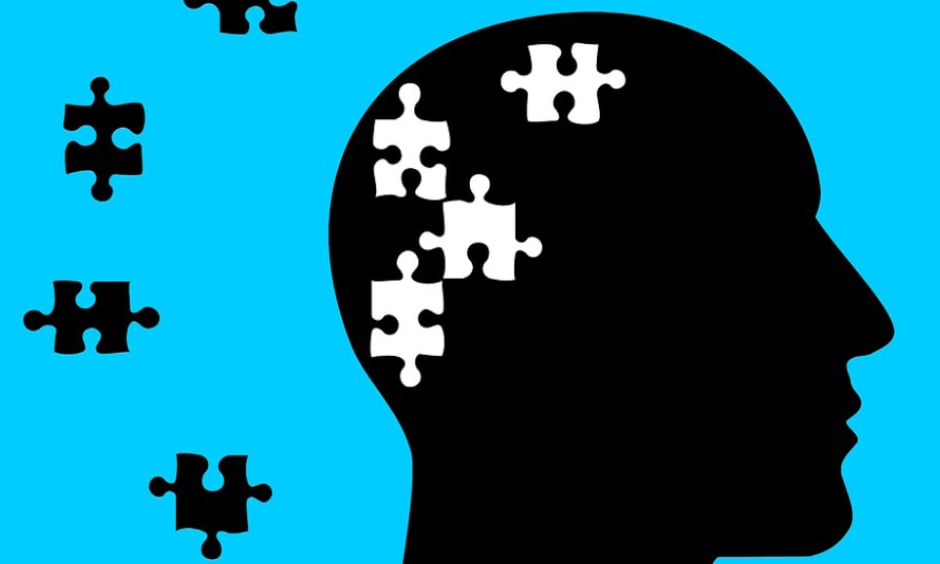HISTAMINE is perhaps best known for its role in allergic reactions; however, this compound has many more functions within the body, including its role as a neurotransmitter. New light has been shed on the relationship between histamine levels and long-term memory, as researchers from the University of Tokyo, Tokyo, Japan, have performed a series of image memorisation tests in the hope of better understanding the relationship of histamines to long-term memory.
Thirty-eight participants were enrolled in the study; all were in their mid-20s and the group was composed of both males and females. This group was asked to memorise images of common objects, such as wristwatches and glasses. A few days later, the group was tested again, this time using a mixture of the previously seen and novel images, with participants asked to identify the images that they had seen before in the initial session. Finally, 7–9 days later, the subjects were tested again in a similar fashion, but this time they were first given either a drug that boosted histamine levels in the brain or a placebo.
Results showed that the histamine-boosting drug had a positive effect on the memory of some participants, allowing those with poorer memories to recall more images correctly than in the previous round of testing. Two observations were of particular interest to researchers: the drug helped some patients to remember images correctly that they had failed to recall in the previous session, and images that were the easiest to recall in the first round of testing became harder to recall following drug administration. The treatment did not result in an improvement for all participants, with those who performed best in the initial memory test experiencing a reduction in performance following drug administration.
Researchers believe these surprising results may be related to stochastic resonance, whereby ‘white noise’ is added to the signal, resonating with the original signal’s frequencies and elevating it beyond the neurone-firing threshold. Likewise, when the original signal is already above this memory threshold, the addition of this ‘white noise’ creates additional nerve activity, hindering memory recall.
Further research is needed to better understand this potential mechanism, but researchers are hopeful that boosting histamine levels could someday be used to treat memory impairment.






